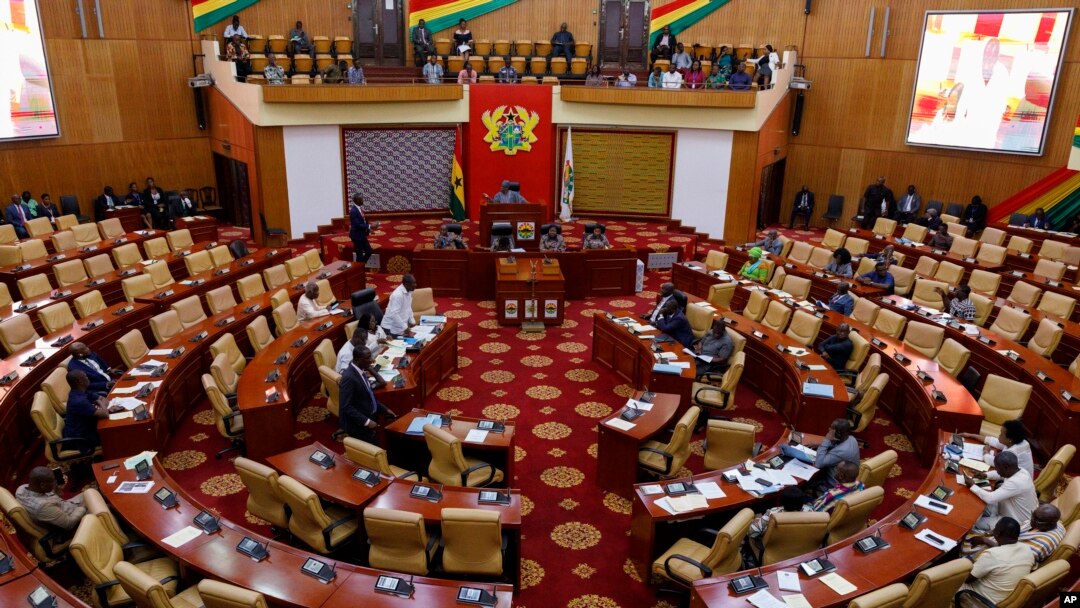
After an LGBT dispute, the Ghanaian parliament was called back for important business
Ghana’s parliament will meet again on Friday to address “urgent matters” and approve ministerial nominations. The parliament has been suspended since March due to a disagreement between the president and speaker regarding an anti-LGBT bill.
According to a statement from the majority leader Alexander Afenyo-Markin, the urgent recall was conducted “in good faith to enable government to discharge its constitutional and democratic obligations to the people.”
One of Africa’s strictest anti-LGBT laws was unanimously approved by lawmakers in February, but President Nana Akufo-Addo has not yet signed it into law. His office stated that before the law is delivered to the president for ratification, it will await the resolution of two legal challenges.
The bill’s backers reacted negatively to the delay, which has impeded Ghana’s legislative processes and made it difficult to approve cabinet appointments after a government upheaval in February.
Speaker Alban Bagbin declared the president’s reluctance to approve the bill to be illegal when he adjourned parliament in March.
Approval is pending for about twenty-one nominees to positions as ministers and deputy ministers, including two for the ministry of finance, and other planned matters.
The emergency meeting on Friday will also address a $150 million loan agreement between the government and the World Bank’s International Development Association to strengthen Accra’s economic resilience, as well as tax exemptions for businesses, according to Afenyo-Markin, a ruling party lawmaker representing the Effutu constituency in central Ghana.
The speaker’s office informed Reuters that the recall of MPs is Bagbin’s “constitutional duty” and that the meeting will only be held for the stated purposes.
After receiving a warning from the finance ministry that the measure may jeopardize $3.8 million in World Bank financing and derail a $3 billion International Monetary Fund (IMF) loan package, the president decided to postpone signing it.
Due to offensive language in their submissions, attorneys contesting the legitimacy of the anti-LGBT bill were urged by the Supreme Court to revise their papers. The case was then postponed without a new date.
All Categories
Recent Posts
Tags
+13162306000
zoneyetu@yahoo.com



